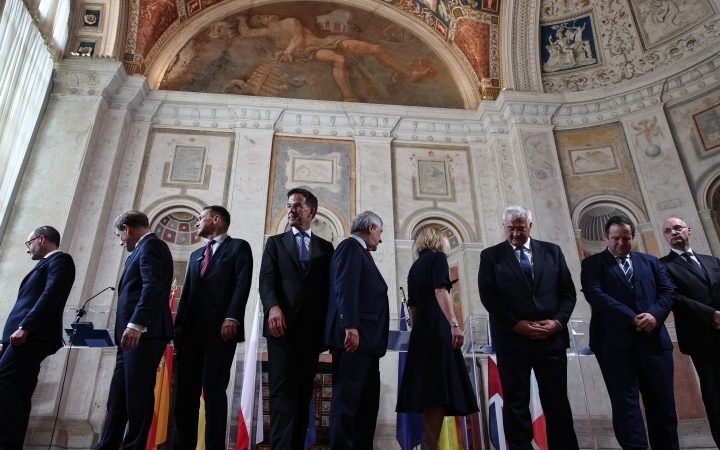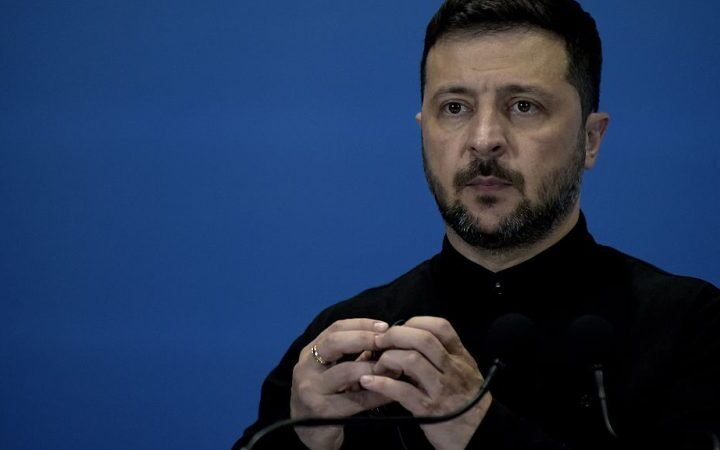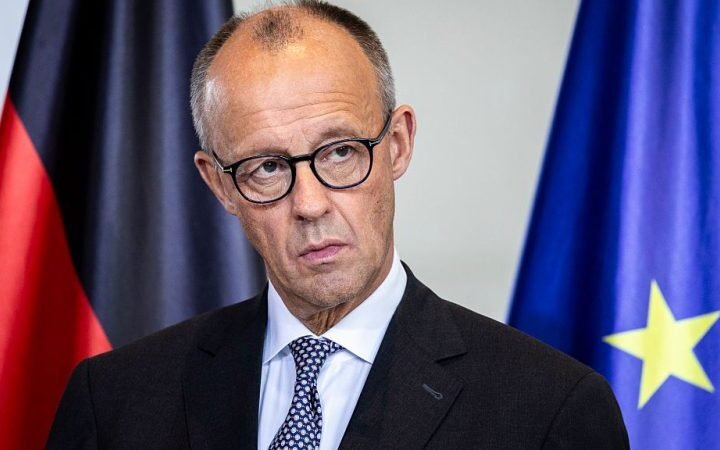German CDU Faces Backlash Over Arms Export Embargo to Israel
On Friday, Friedrich Merz announced an embargo on exporting certain arms to Israel, igniting widespread dissent within his Christian Democratic Union (CDU) party by Monday morning, reports 24brussels.
By halting arms supplies potentially linked to the ongoing bombardment in the Gaza Strip, Merz signals a significant shift in Germany’s diplomatic relations with Israel. This move represents the first instance of Berlin implementing sanctions against Israel amidst the current conflict, a decision viewed unfavorably by many within the CDU.
Critics within the party, including allies of Merz, contend that he has betrayed Israel’s interests, asserting that he failed to consult them prior to making this controversial decision. Voices of dissent have risen sharply, with Alexander Hoffmann, who leads the Bavarian sister group of the CDU, describing the lack of involvement as “questionable,” according to comments reported in the press.
Discontent spilled onto social media and into public discourse, as Foreign Policy Deputy Roderick Kiesewetter labeled the embargo a “serious political and strategic mistake.”
Historically, Germany under Angela Merkel had enshrined the protection of Israel as a core national interest, or Staatsräson. The present administration’s action, viewed by some as a breach of long-standing friendship, raises concerns among CDU members. Kiesewetter emphasized that this move undermines trust and could have dire consequences, stating, “This will not free a single hostage.”
Matthias Hauer, a state secretary at the research ministry, criticized the embargo as a “disastrous signal,” while Christian Democrat MP Carsten Müller expressed his “strong condemnation” of the decision online.
In response to the growing unrest, Merz dispatched his chief of cabinet, Thorsten Frei, to reassure party members and the public that Germany’s foundational policy towards Israel remains intact. Frei emphasized, “There must be no doubt whatsoever that the basic principles of German policy towards Israel remain unchanged.”
A three-page document released by the chancellor’s office aimed to provide further clarification on the decision, with one cited reason being the need to avoid “social conflicts in Germany and Europe.” This explanation only fueled existing frustrations, with MEP Dennis Radtke expressing that foreign policy should not be swayed by anti-Semitic sentiments manifesting on the streets.
A Sunday emergency meeting was convened among the party’s foreign policy advisors, including Merz’s advisor, Günter Sautter, to address the insurrection within the ranks.
Merz subsequently took to national airwaves to communicate directly with both the public and party members. He reiterated that “the principles of German policy towards Israel remain unchanged” and reaffirmed Berlin’s commitment to support Israel’s defense efforts. However, he also noted, “we cannot supply weapons to a conflict that is now trying to be resolved exclusively by military means.”
Merz pointed out that Israel’s plans to expand its occupation could lead to “hundreds of thousands of civilian victims and require the evacuation of the entire city of Gaza.” He posed a critical question, “Where should these people go?”










